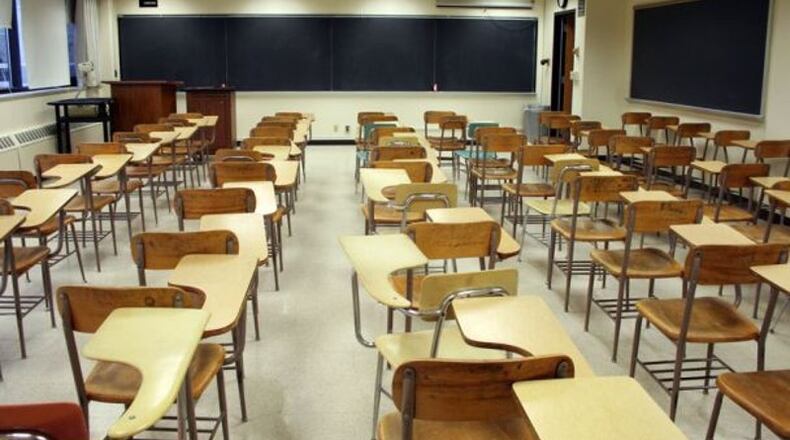I take my role as the Assistant Secretary for Mental Health and Substance Use to promote and protect the mental health of Americans quite seriously. It troubles me profoundly to know that in 2018, our country lost 2,010 children under the age of 17 to suicide and accidental drug overdose. It worries me even more so to know that these numbers will only increase as a result of the stressors of the pandemic. We must grapple with this reality as we think through strategies to address the virus.
COVID-19 is of course a very important consideration. It is a serious virus with major consequences. Thankfully, these consequences do not appear to impact our children at great rates. The sobering reality is that children’s lives are lost to many different conditions and a child in the United States today is twenty times more likely to die by suicide or drug overdose than by COVID-19.
Just like we have done with the virus, we must take steps to do all we can to mitigate an increase in this loss of life for our young people. All children are susceptible to mental illness and drug use. Research has demonstrated that self-harm and suicidal ideation are associated with social isolation; research has also shown that social deprivation has a different physiological effect on the adolescent brain than it does in other stages of life. This tells us that continuing the practice of social isolation and removal of our children from normal social environments puts them at greater risk.
One of the main safety nets we have to address this risk is the school system. More than 50% of children who need care for a mental health condition get that care in school; this proportion only increases for minority children. For those children that may not need care for a mental health condition, in addition to critical education, they get their social and emotional growth through interaction with peers, teachers, and the school environment. This serves as a critical foundation for their mental health.
When local officials close schools, they tell us that mental health is less important than the risk of COVID-19 even though the data tell us the consequences for your children are worse. We must take the virus seriously and protect our teachers and school personnel appropriately. In no way am I suggesting a cavalier approach to re-opening schools. We must take appropriate steps and safety measures to protect both the adults and children in the school. But we must also understand that the consequences of continuing social isolation for children and adolescents may be devastating for thousands of American children and their families.
As we have done with the virus, we must treat very seriously all health consequences of our decisions. We are accepting the closure of schools because we believe it will keep our children safer. But the data tell us we may be very wrong about that.
The 24/7 media coverage of the virus has heightened our collective awareness and singular focus. But I take it as a personal and professional responsibility to warn all parents that your children are not immune to mental illness and drug use. We know these increase with social isolation. In many ways, the school system and its existence is our best fight against more families’ experiencing the unimaginable loss of a child to suicide.
The return of children to school and regular social interaction is the mental health epidemic’s mask and six-foot social distancing. It’s our main tool to protect our children’s mental health and well-being. If the primary goal is to keep our children safe, and I believe it is, let’s look at all of the risks and do our best to protect the most precious gifts we have among us-our children.
Elinore McCance-Katz is assistant secretary of the Substance Abuse and Mental Health Services Administration, which is part of the of the U.S. Department of Health and Human Services.
About the Author
Keep Reading
The Latest
Featured



